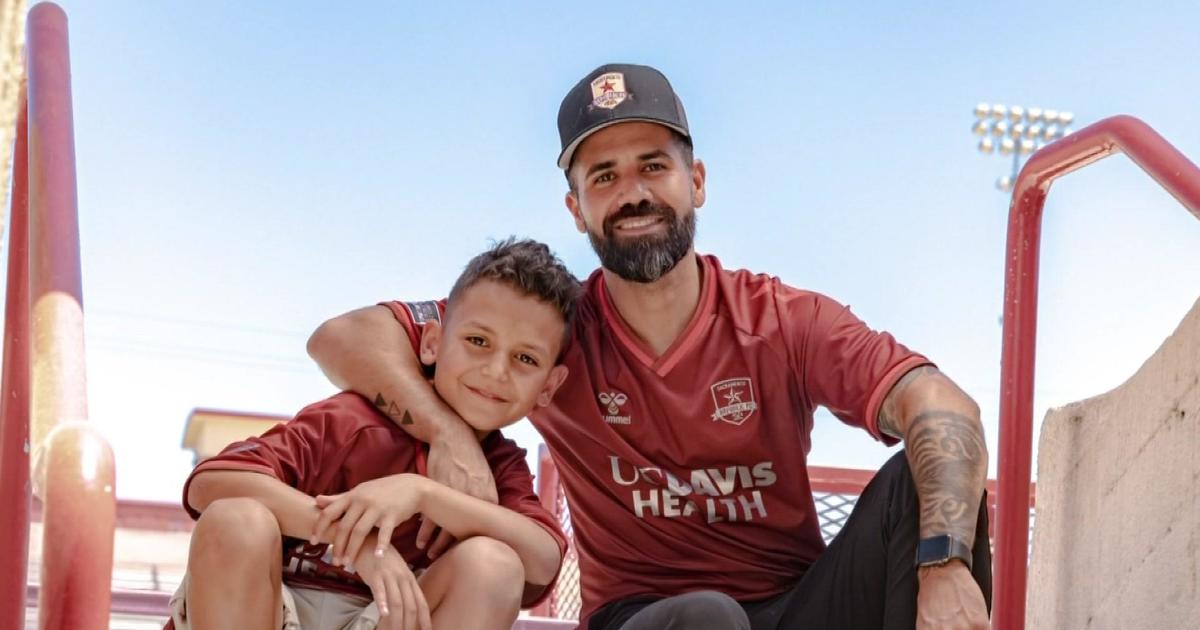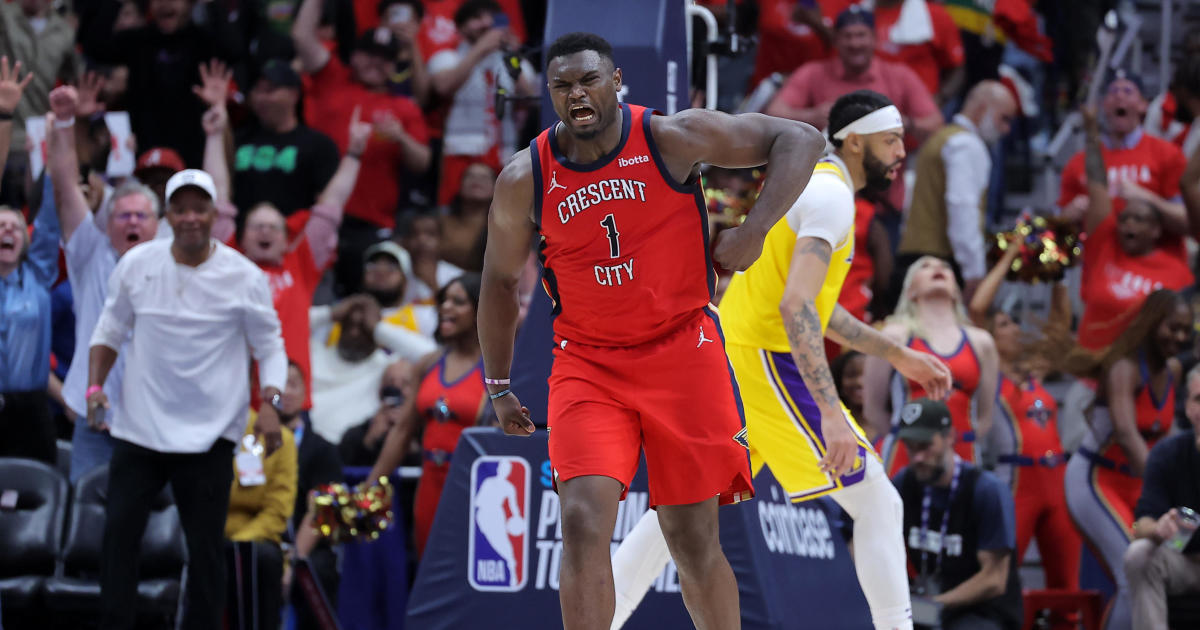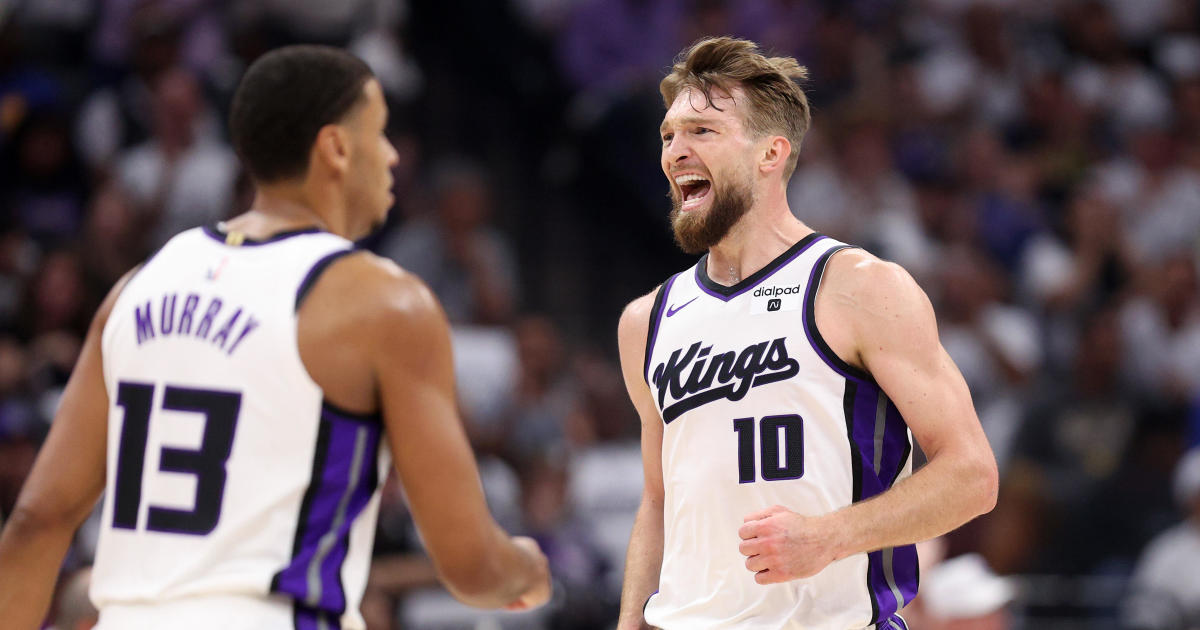NASCAR Blasted For Disputed Officiating
CHARLOTTE, N.C. (AP) There's no way to dance around the fact cautions for debris at Auto Club Speedway twice changed the outcome of the race.
A race that at first should have been won by Matt Kenseth was derailed by a late debris caution. Then Kurt Busch was twice denied a trip to victory lane by yellow flags. In all, there were three cautions in the final 25 laps and only once were television viewers shown the actual debris.
So a day after Brad Keselowski's come-from-nowhere Sunday victory in California, NASCAR was again under attack for questionable officiating that altered the end of the race. It's a decades-old issue in auto racing, where many of the calls made from race control are subjective.
And for all the transparency that NASCAR is now promoting, there was no explanation available Monday that would satisfy conspiracy theorists convinced the sanctioning body is able and willing to manipulate races.
It didn't help that Busch, who had been closing in on taking the white flag that would have almost sealed the win, muttered "WWE," on his team radio when a debris caution slowed his pace. The reference was apparently likening NASCAR to scripted television wrestling.
One had to wonder if there was any truth to Busch's gripe. Since Fox Sports did not show the actual debris on two of the final three cautions, no visible evidence was presented in NASCAR's defense.
So here is where it stands now: A fanbase that by nature is largely distrusting of NASCAR now seems to believe series officials conspired to keep Busch out of victory lane.
Why would they do that? Well, because Busch is two races removed from a NASCAR suspension for an alleged domestic assault on an ex-girlfriend. When the decision finally came from authorities to not charge Busch with a crime, he was reinstated by NASCAR and a months-long, embarrassing legal saga closed.
But fans used social media to vent that NASCAR simply wouldn't stand for Busch to win in his second race back, and those debris cautions were used as roadblocks on Busch's route to victory.
Not true, insisted NASCAR executive vice president Steve O'Donnell.
"That's a preposterous allegation," O'Donnell said Monday. "It's a number on a race car to NASCAR. We reinstated (Busch) and we made him eligible for championship competition."
Indeed, when Busch's suspension was lifted following a three-race suspension, NASCAR granted the 2004 champion a waiver that made him eligible to make the Chase for the Sprint Cup championship should he qualify. A win at California on Sunday likely would have put him in the 16-driver Chase field.
Alas, he'll have to wait another week after debris twice denied him a victory.
Matt Kenseth could certainly relate to Busch's frustration. That was actually his race to win. He had enough gas to get to the finish line and was the leader in what was shaping up to be a fuel-mileage race when the first of the three debris cautions was called.
The race leader is never going to be happy about a late caution flag, and Kenseth was no exception. But his day went downhill fast. A mechanical failure on the ensuing pit stop dropped him from racing for the win to a 31st-place finish.
Like everyone else, he wondered where the debris was that had ruined his race.
"There's a debris caution and you can't find debris anywhere," Kenseth said. "Of course, the leader always thinks that, I guess. But I didn't see any (debris) that caution or the next one, so that's always disappointing."
Sprint Cup Series director Richard Buck said after the race that multiple teams had reported debris on the track, "so we went ahead and called the caution. By the time we called the caution, somebody hit (the debris)" and knocked it out of the racing groove.
Here's the problem for NASCAR: Its television partner does them no favors whatsoever when the debris is not shown on camera. Maybe it was there? Maybe it was not? If viewers don't see it with their own eyes, they will believe only what they want to believe.
More times than not, the fan at home does not believe NASCAR.
That's an issue that NASCAR has to correct. There's no amount of transparency or electronic rule books or improved pit road officiating that can ever undue this overwhelming belief that NASCAR can do anything it wants to any competitor at any given time.
O'Donnell acknowledged Monday that officiating can be subjective in all sports. He pointed to the game-ending, goaltending call in the first round of the NCAA Tournament that gave UCLA a one-point win over SMU.
"Was that goaltending?" asked O'Donnell. "With that call came speculation. NASCAR has the ability to call races and will always err on the side of safety. Maybe that means there will always be a question, but that's part of what makes sports so great."
Busch and Kenseth probably don't think there was anything great about NASCAR's calls on Sunday. And sure, the subjectivity that creeps into officiating will always be at NASCAR's detriment.
But the television partners are there to work hand in hand with the sanctioning body, and for credibility sake, it's time for everyone to get on the same page and prove there's nothing nefarious going on in race control.
---




